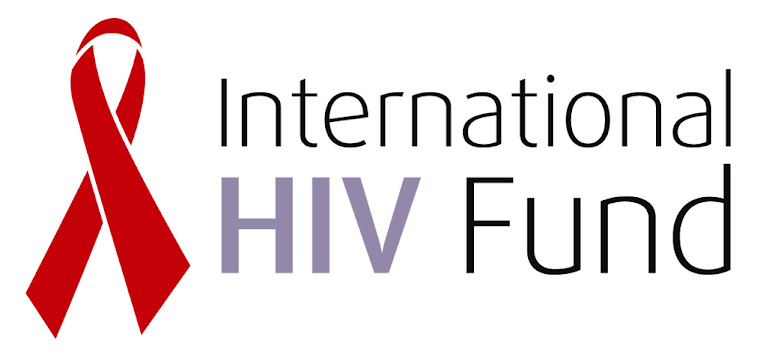The 2011 Cricket World Cup is coming to an end this weekend. There has been a big push in partnership with UNAIDS to raise awareness of HIV/AIDS on the sub continent with teams wearing red ribbons during matches in the tournament. The International Cricket Council launched a project called “Think Wise”, and have utilised the sport’s biggest stars to raise HIV awareness in cricket playing countries.
It has been interesting to see the sport used in this way. Cricket is the major sport in the region with over a billion followers currently watching the India vs Pakistan semi final. It is a platform where fan of teams such as Sri Lanka, Bangladesh and South Africa will sit up and take notice.
The Bangladesh cricket captain Sakib Al Hasan was more than happy to use his public profile to raise awareness of HIV/AIDS.
Players from the Indian, Sri Lankan, South African and West Indian teams have all visited villages and met people living with HIV. Players from the Bangladeshi team have also thrown major support behind “Think Wise” and their captain Sakib Al Hasan has publicly encouraged people to not “discriminate and stigmatize anybody in the name of HIV.”
This is all encouraging to see but, it would have been better to see a united front from all teams. England for example; rates for new HIV infections have doubled over the past decade. Using the England team in a similar way would also have widened the audience for awareness. Maybe sometimes we forget that HIV can affect anyone. Not just people living in countries in Africa or in Asia – everyone.
In case you were wondering, Pakistan are currently 70 for 1 in reply to India's 260 for 9*.
*At time of posting






